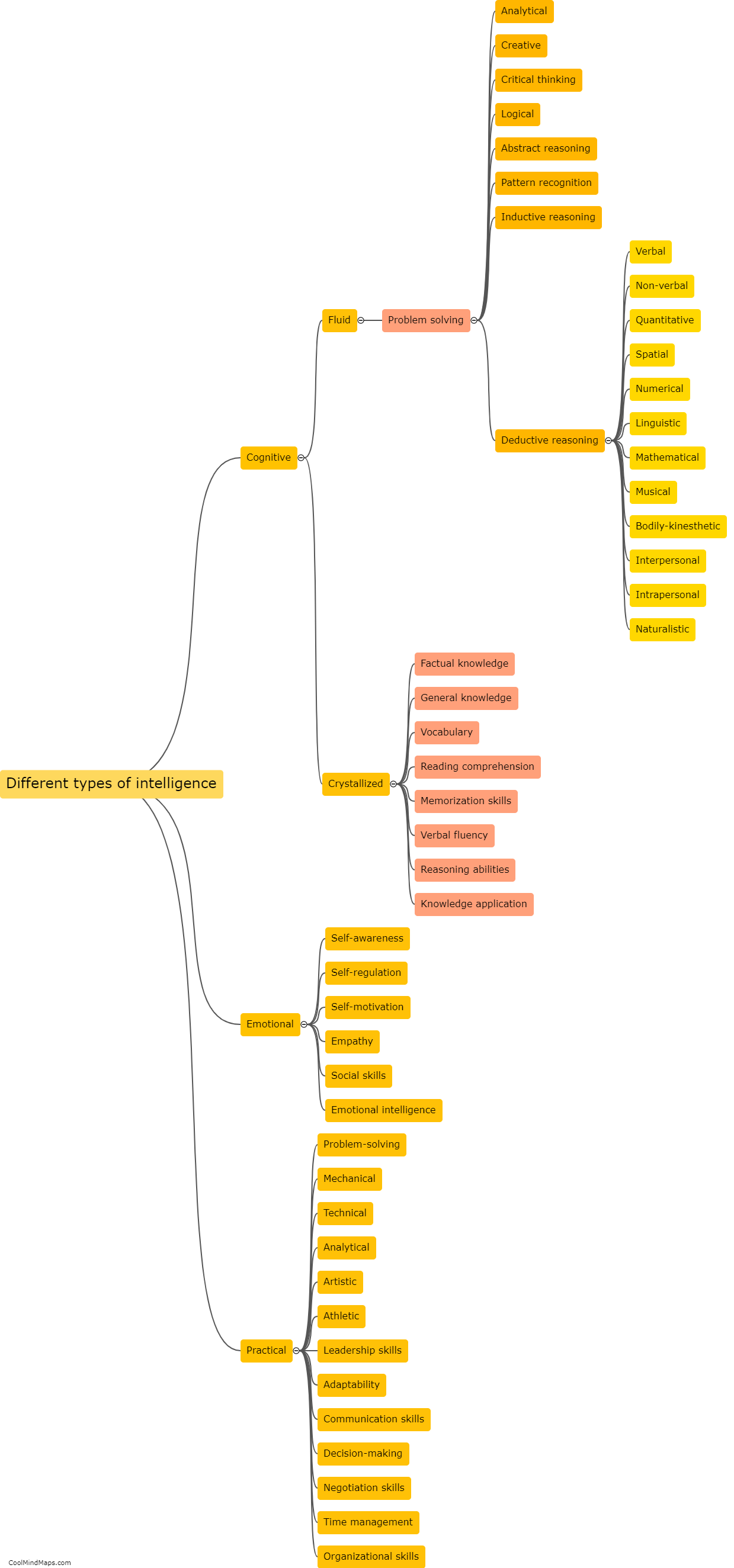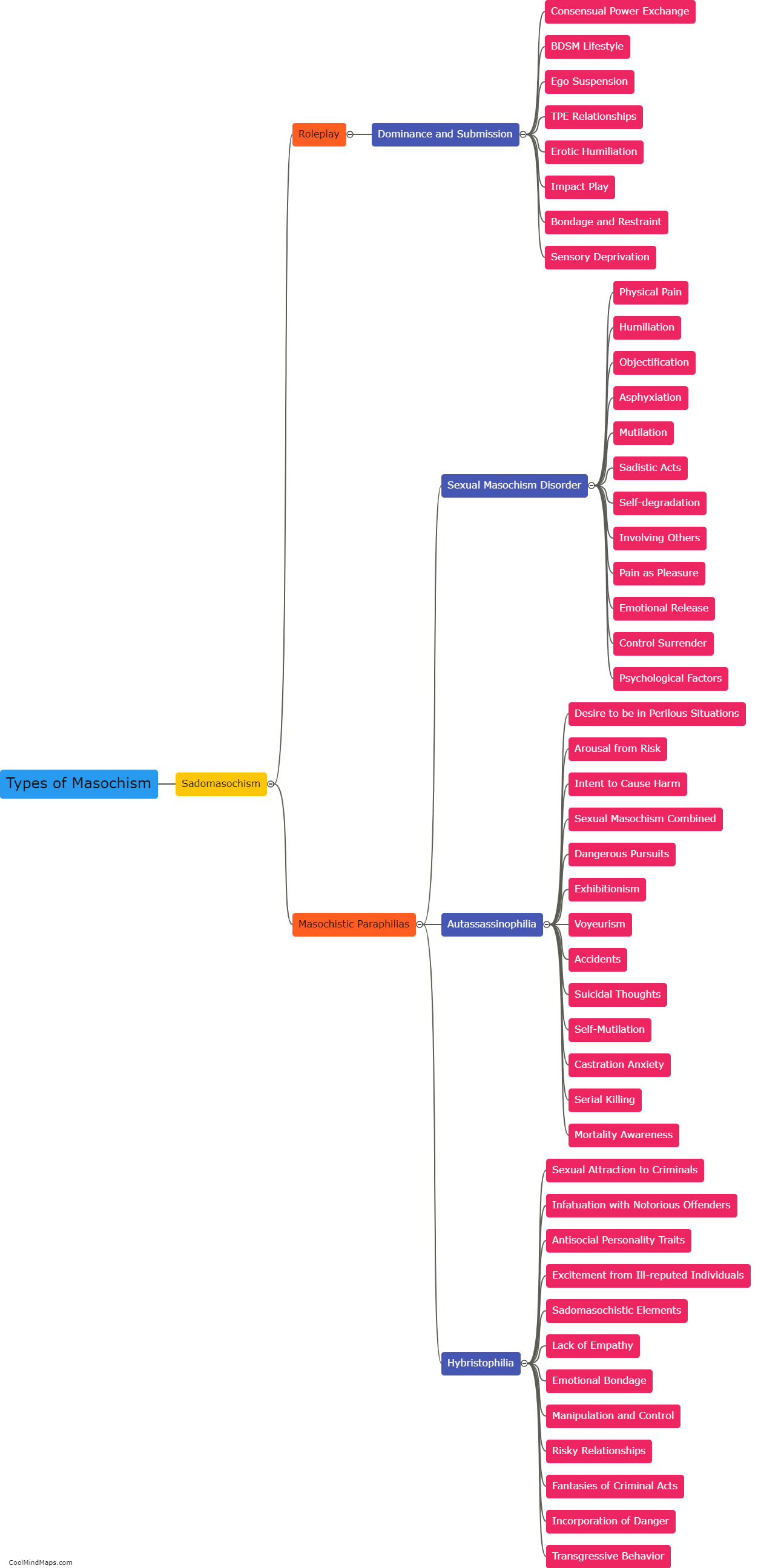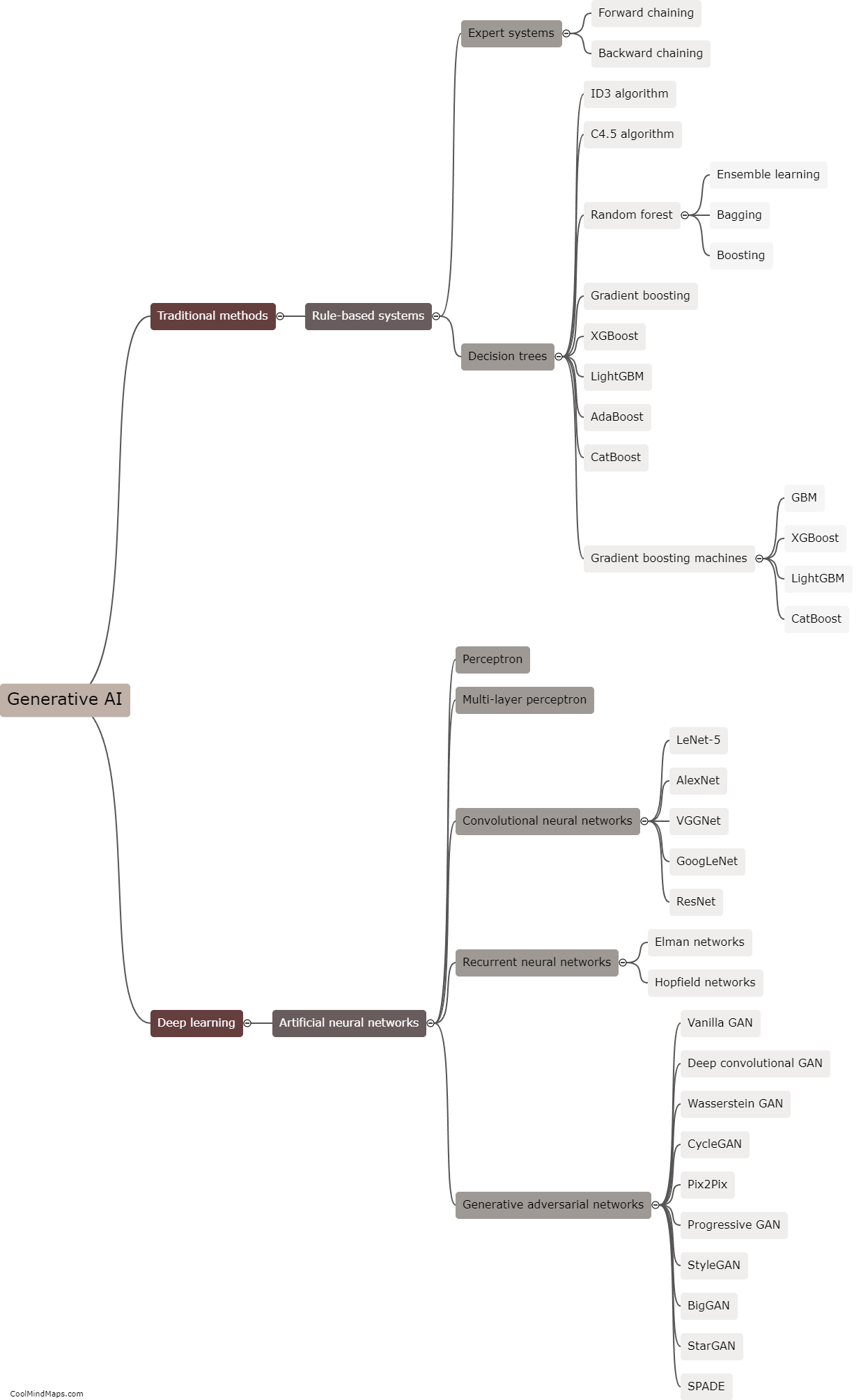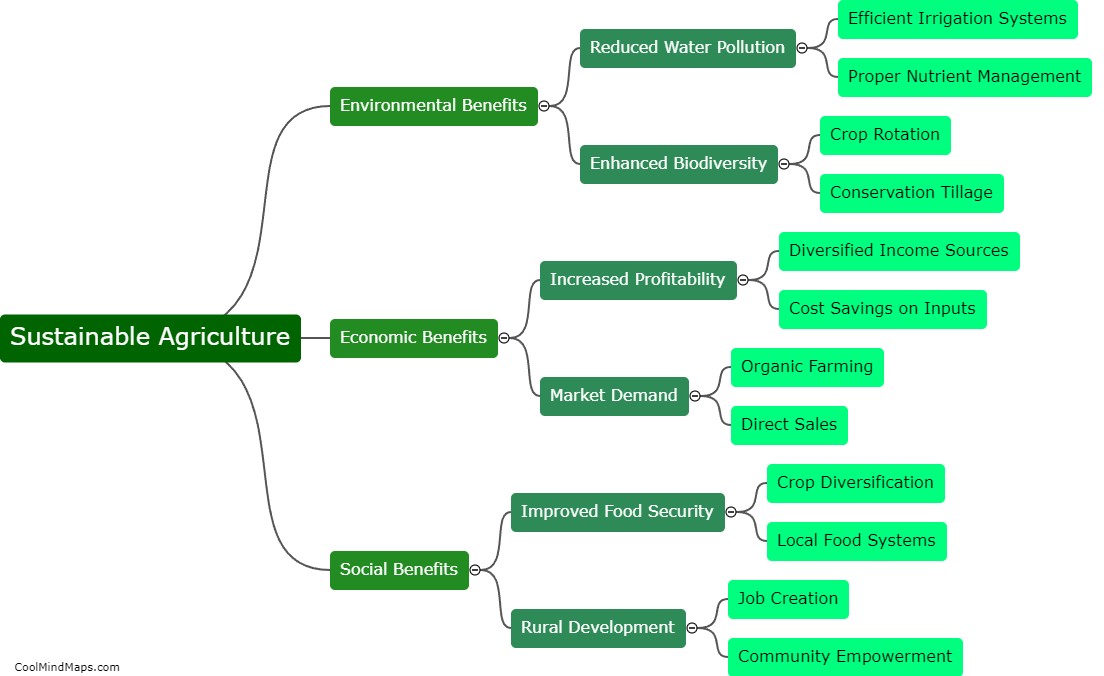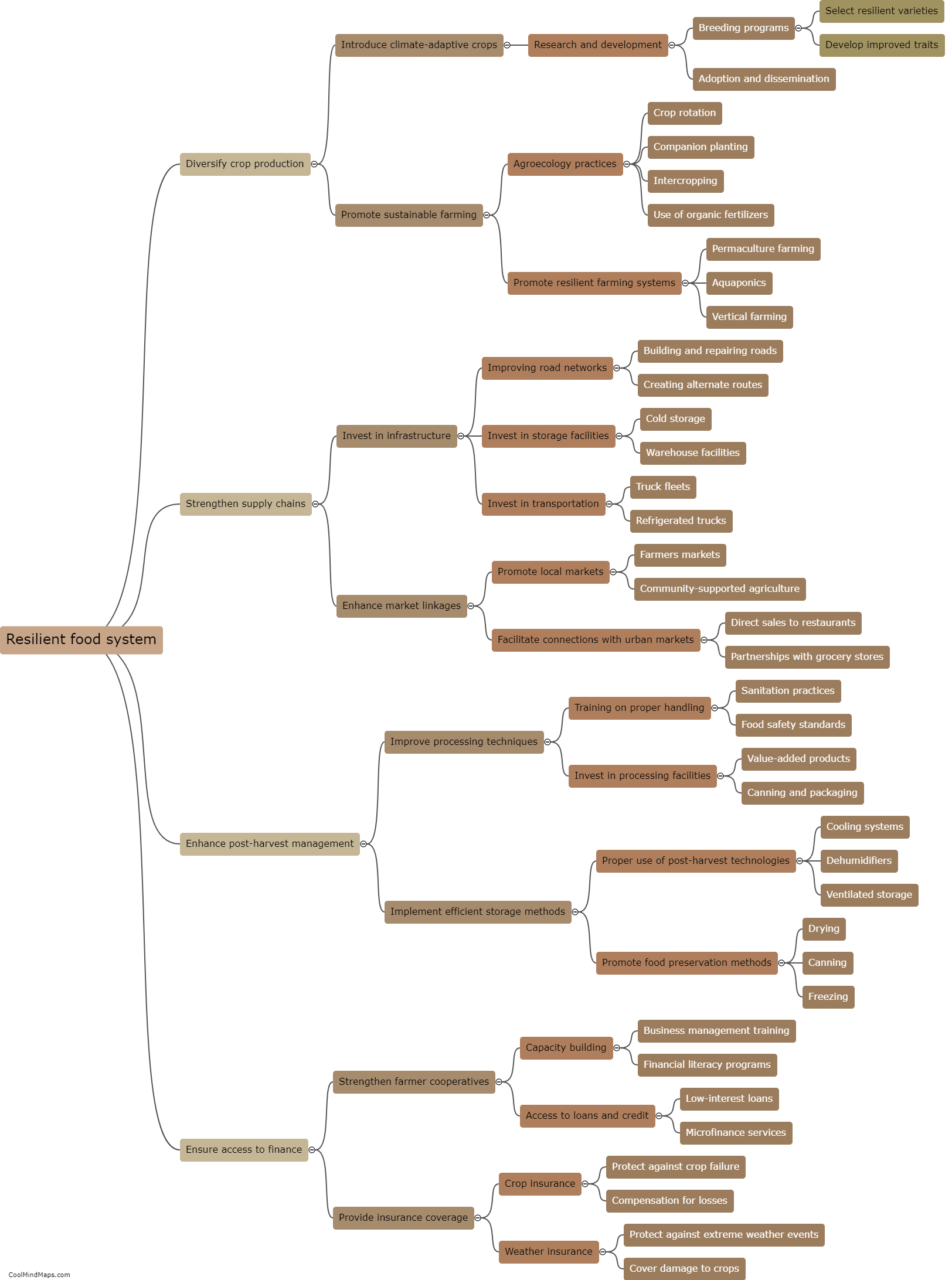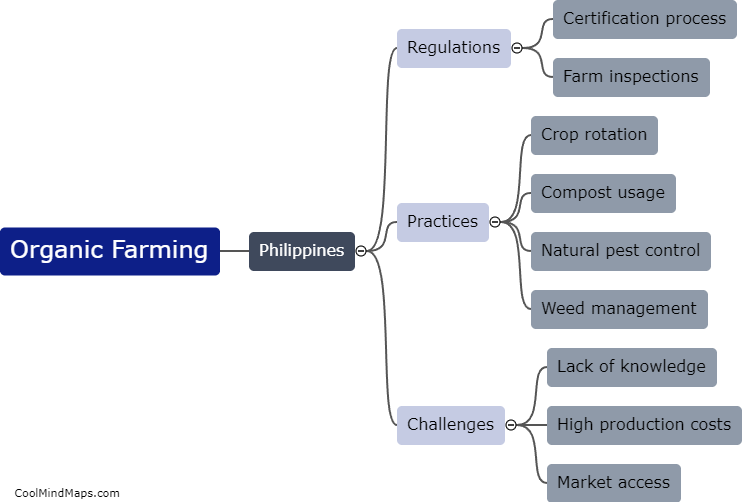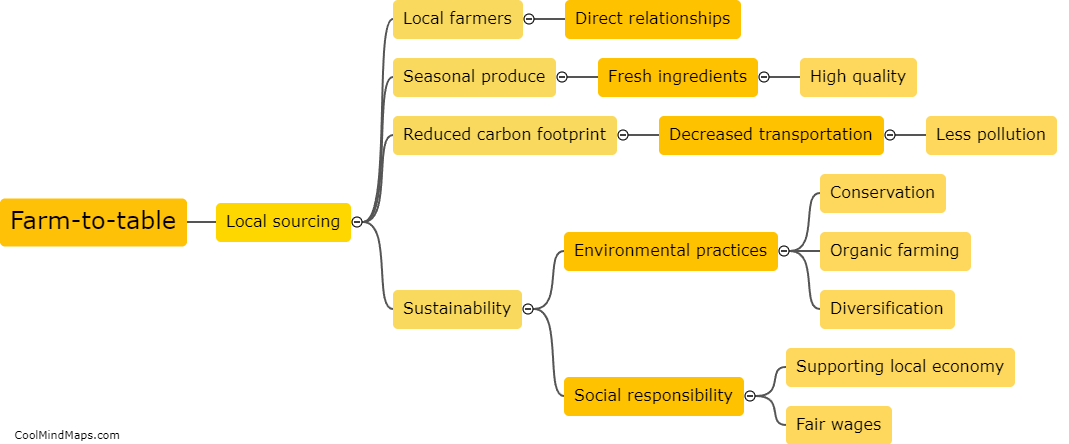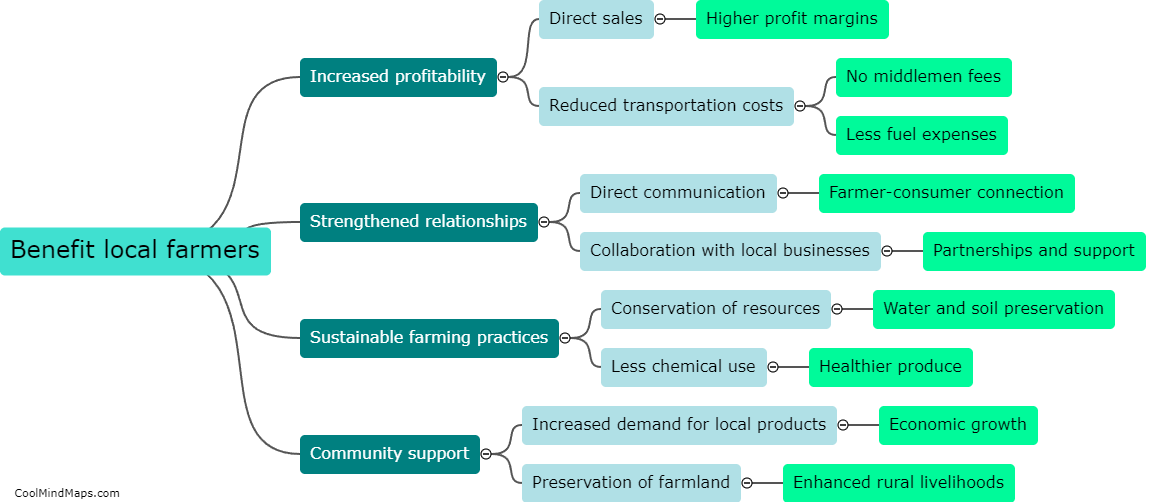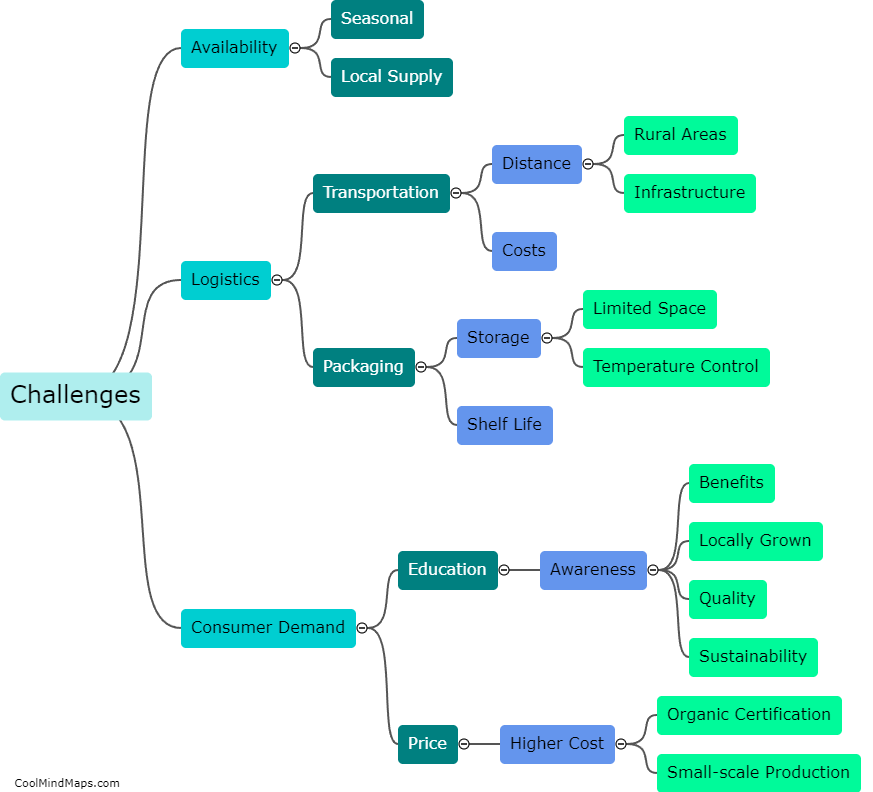What are the challenges faced by organic farmers in the Philippines?
Organic farming in the Philippines faces several challenges that hinder its widespread adoption and success. Firstly, the lack of awareness and understanding about organic farming practices among farmers and consumers is a major obstacle. This leads to limited demand for organic products, making it difficult for organic farmers to find markets for their produce. Additionally, organic farming requires higher initial investment and operational costs compared to conventional farming methods. Many small-scale farmers in the Philippines struggle to afford the necessary organic inputs, such as organic fertilizers and pest control methods. The organic certification process is also cumbersome and expensive, putting organic farmers at a disadvantage compared to conventional counterparts. Moreover, climate change-related challenges such as unpredictable weather patterns, pests, and diseases pose additional difficulties for organic farmers, as they rely on natural methods to combat these issues. Overall, promoting education, lowering certification costs, and providing financial support to organic farmers could help address these challenges and foster the growth of organic farming in the Philippines.
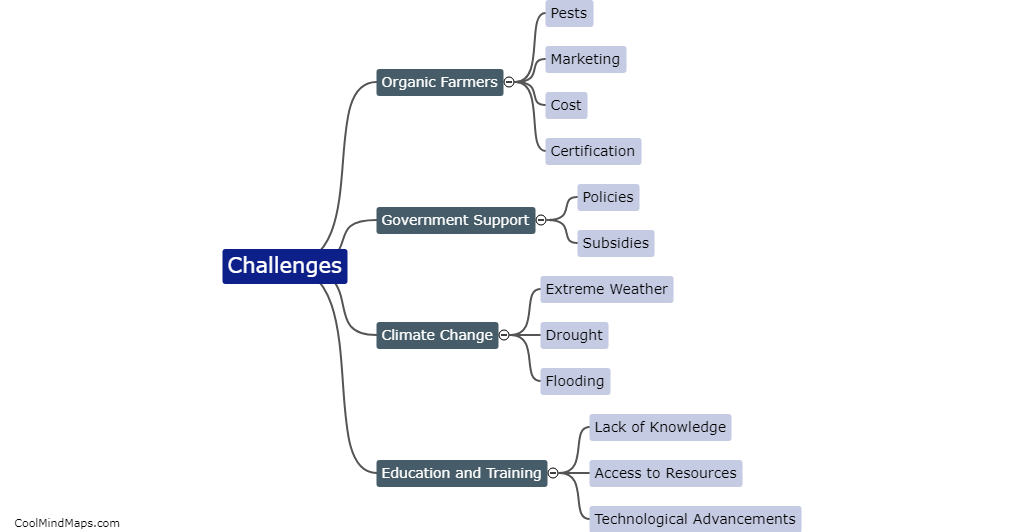
This mind map was published on 2 July 2023 and has been viewed 112 times.

